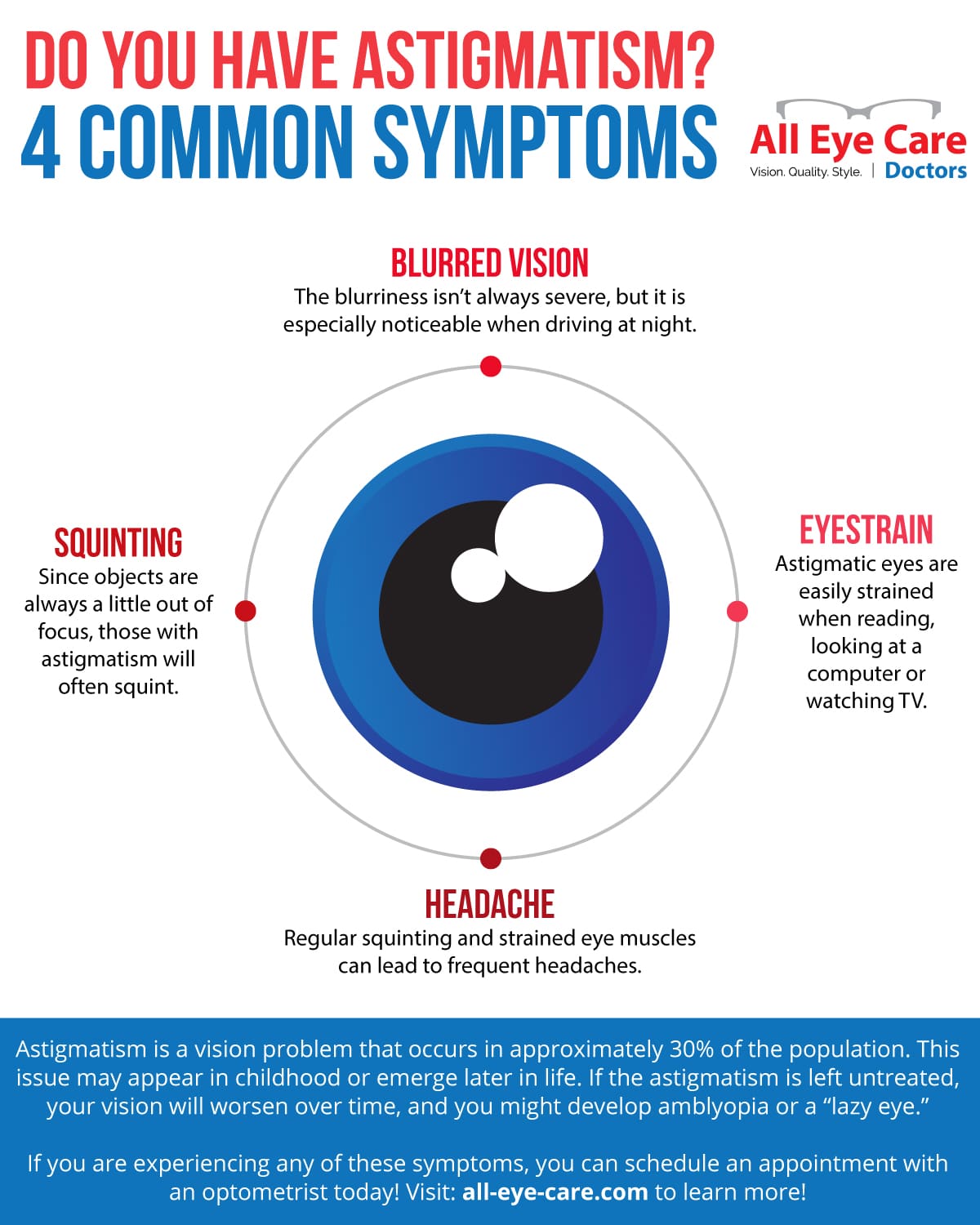Refractive Lens Exchange: An In-Depth Guide To Enhanced Vision
Refractive Lens Exchange: An In-Depth Guide To Enhanced Vision
Blog Article
Material Writer-Mitchell Kaspersen
If you're over 40 and having problem with vision problems like hyperopia or nearsightedness, Refractive Lens Exchange (RLE) may be worth considering. This procedure replaces your all-natural lens with a fabricated one, potentially decreasing your dependancy on glasses. While the benefits are appealing, it's vital to recognize the threats and eligibility needs. What should you understand before making a decision that could change your vision forever? Allow's discover this subject better.
Recognizing Refractive Lens Exchange
Understanding Refractive Lens Exchange (RLE) can be vital for those thinking about vision adjustment alternatives.
RLE is a surgery that changes your eye's all-natural lens with a fabricated intraocular lens. It's primarily aimed at dealing with serious refractive errors, such as hyperopia, nearsightedness, or presbyopia.
Throughout the treatment, your specialist will certainly eliminate your gloomy or clear lens and change it with a lens customized to your vision requires. https://www.webmd.com/eye-health/eye-health-retinal-detachment is often considered for people over 40 that may not be suitable candidates for LASIK.
By choosing RLE, you're not simply improving your vision; you're also possibly reducing your reliance on glasses or contact lenses.
Comprehending exactly how RLE jobs will empower you to make educated choices regarding your vision health.
Perks and Threats of RLE
Choosing RLE not just supplies a chance to improve your vision but additionally includes its very own set of benefits and threats.
One significant advantage is the capacity for more clear vision, reducing or eliminating your dependence on glasses or get in touch with lenses. You may additionally experience a broader range of vision, specifically if you select multifocal lenses.
However, there are threats entailed, such as infection, problems during surgical treatment, or discontentment with the outcomes. Some people experience visual disruptions like halos or glare.
after cataract surgery glasses to weigh these benefits and risks very carefully. Consulting with your eye treatment specialist can help you make an informed choice that aligns with your vision objectives and way of living.
Qualification Standard for Refractive Lens Exchange
Before taking into consideration Refractive Lens Exchange (RLE), it's important to establish if you meet the eligibility requirements. Generally, you're an excellent candidate if you more than 40 years of ages and have a steady prescription.
You must also be experiencing refractive errors like nearsightedness, hyperopia, or presbyopia. It is necessary to have healthy eyes with no significant diseases, such as cataracts or glaucoma.
Furthermore, you should remain in excellent overall wellness and not have any problems that can affect recovery, like uncontrolled diabetic issues. If cataract surgery 2nd time put on call lenses, you may need to stop wearing them for some time prior to your analysis.
Consulting with an eye treatment professional will certainly help you recognize your certain situation and whether RLE is right for you.
Conclusion
Finally, refractive lens exchange can change your vision and reduce your dependence on glasses or contacts. While it uses countless advantages, it's crucial to recognize the dangers and ensure you satisfy the eligibility requirements. Consulting with an eye treatment expert will certainly assist you make an educated decision customized to your requirements. If you're considering RLE, put in the time to explore your options and discuss any kind of problems, paving the way for more clear, extra lively sight.
